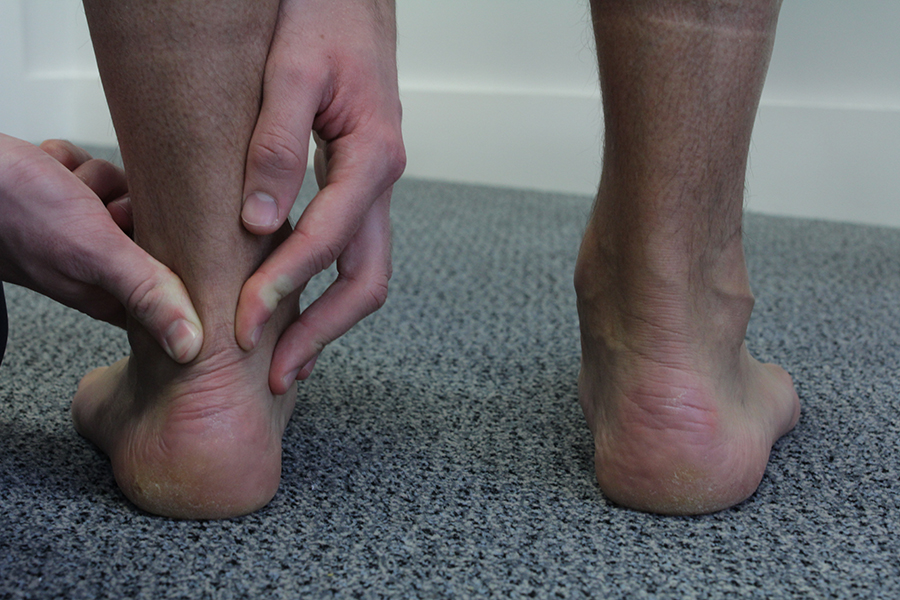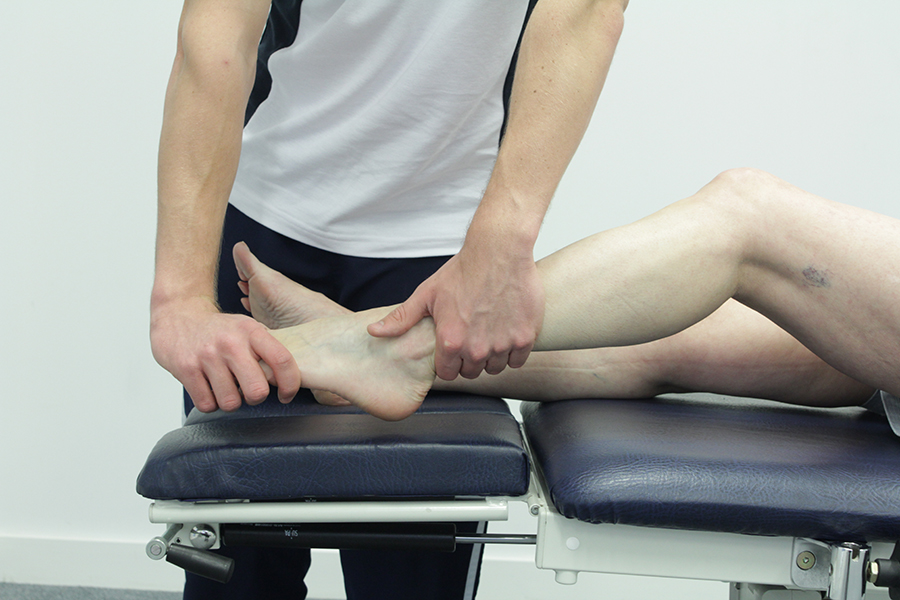Paratendinopathy of the achilles tendon
Paratendinopathy of the Achilles tendon is a cause of Achilles and posterior heel pain, this means pain at the back of the heel.
What is paratendinopathy of the Achilles tendon?
Paratendinopathy of the Achilles tendon is a condition affecting the outer
covering of the Achilles tendon.
The word tendinopathy is an umbrella term used to describe any pathology
affecting a tendon. Paratendinopathy describes a pathology that affects the
paratendon, which is the outer covering of a tendon, also known as the
tendon sheath.
The Achilles tendon is the strongest tendon in the body, it comes from the
calf muscle at the back of the leg and attaches at the back of the heel.
A person who has paratendinopathy will experience a thickening of the
Achilles tendon, accompanied by pain and stiffness. The pain associated
with paratendinopathy may also be experienced at the back of the heel, at
the site where the Achilles tendon attaches to the heel bone.
What causes paratendinopathy of the Achilles tendon?
Paratendinopathy of the Achilles tendon can occur for a number of reasons,
for example, trauma to the Achilles tendon. Other causes of Achilles
paratendinopathy include:
- Wearing inappropriate footwear
- Tight calf muscles
- Stiff ankle joint
- Increase in training or intensity
- Poor biomechanics of the foot (e.g. over-pronation)

What are the signs and symptoms of paratendinopathy of the Achilles tendon?
The signs and symptoms of paratendinopathy may include the following:
- Pain and stiffness at the site of the Achilles tendon
- Heel pain
- Thickening of the Achilles tendon
- Stiffness
- Swelling
- Crepitus (a grating/crackling sound)
How is paratendinopathy of the Achilles tendon diagnosed?
Paratendinopathy of the Achilles tendon is diagnosed based on a thorough history, the signs and symptoms, and an examination of the Achilles tendon.
Benefits of podiatry for paratendinopathy of the Achilles tendon
If you have Achilles paratendinopathy podiatric assessment and treatment may benefit you. The following benefits can be achieved following appropriate treatment for Achilles paratendinopathy:
- Decrease in pain
- Reduction in inflammation
- Reduced calf muscle tightness
- Improved foot and ankle function
- Improved gait
What would podiatry for paratendinopathy of the Achilles tendon involve?
Podiatry for paratendinopathy would involve obtaining a thorough history,
which would include a medical history as well as an account of the problem
itself. Your podiatrist will then examine the Achilles tendon, feeling for
any swelling, stiffness and thickening. If your podiatrist feels that poor
biomechanics are contributing to your symptoms, then you may be referred
for a biomechanical assessment.
Treatment for Achilles paratendinopathy may include the following:
- Rest
- Activity/training modification
- Heel raises
- Orthoses
- Stretching Programmes
- Proprioceptive Exercise
- Kinesio taping
- Advice and education
- Ultrasound
- Soft tissue treatment
- Massage
- Acupuncture
- Heat treatment
- Manual therapy
- Footwear review

Summary
Achilles paratendinopathy is a painful condition that affects the Achilles
tendon. The Achilles tendon is the strongest tendon in the body and is
situated at the back of the leg, running from the calf muscle and into the
back of the heel bone, as a result the pain experienced may be felt
anywhere along the tendon including the back of the heel.
Achilles paratendinopathy has a number of causes and contributing factors,
for example, trauma, poor biomechanics and tight calf muscles and training
errors.
If you think you may have Achilles paratendinopathy visit one of our
podiatrists for an assessment. Our podiatrists will be able to provide you
with a treatment plan that will aim to alleviate your painful symptoms and
improve the function of your foot and lower limb.
To arrange an assessment with one our podiatrists please email office@chiropody.co.uk or call 0330 088 4222.
Save 5% by booking an appointment online.



We work with:

Individuals

Organisations

Health professionals
Get in Touch!
0330 088 4222
If you would like to speak to one of our specialists then please complete this form.
We are open 7 days a week








